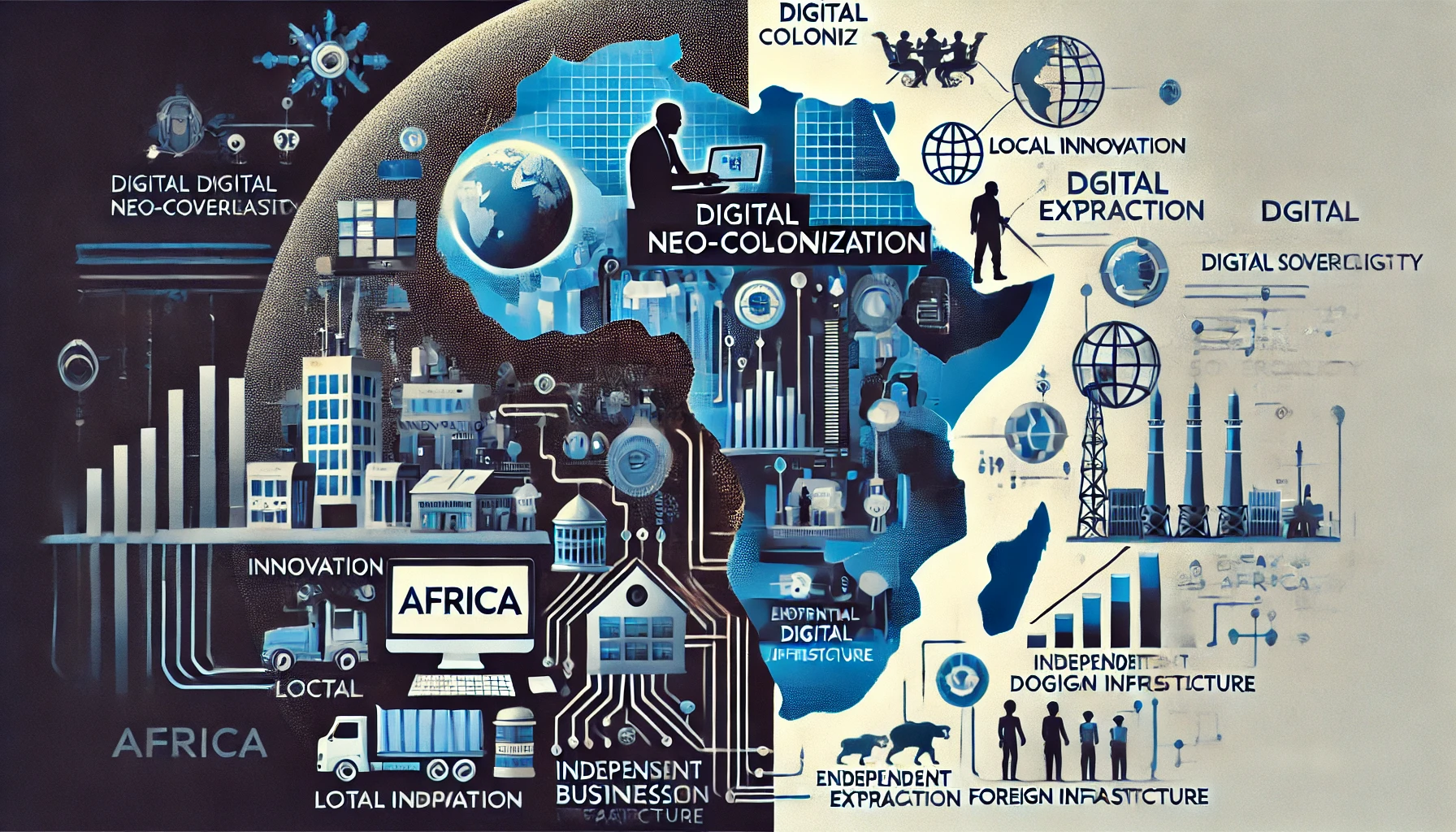Key Metrics Explained:
- Current Adoption: Percentage of sector using AI solutions (2024)
- Projected Growth: Expected adoption by 2030 (%)
- Impact Score: Weighted metric of economic and social benefits (0-10)

Exploring the unprecedented opportunities and transformative potential of artificial intelligence across African markets, with a focus on key sectors and implementation progress.
As Africa stands at the threshold of an AI revolution, the continent faces an unprecedented opportunity to leverage artificial intelligence for transformative growth. With the world's youngest population—60% under twenty-five—and rapidly increasing digital adoption rates, Africa is uniquely positioned to harness AI technologies in ways that could fundamentally reshape its development trajectory. This technological revolution arrives at a crucial moment, as the continent works to implement the digital transformation strategy we explored in our previous article.
The numbers tell a compelling story: AI could add $2.9 trillion in value to the African economy by 2030, equivalent to a 3% increase in annual GDP growth. AI-driven entrepreneurship, investment, and agriculture transformation will be key drivers of this expansion. African nations that proactively integrate AI into their economies could see rapid scaling of digital marketplaces, job creation, and business automation.
Potential value added to African economy by 2030
Increased funding for ICT startups and innovative solutions
Net positive job creation through AI adoption
Digital market integration and economic scaling
Increased private sector collaboration and funding
Digital transformation of farming and food systems
Potential value added to African economy by 2030
Increased funding for ICT startups and innovative solutions
Net positive job creation through AI adoption
Digital market integration and economic scaling
Increased private sector collaboration and funding
Digital transformation of farming and food systems
AI adoption varies across sectors, but trends indicate a significant transformation by 2030.
AI-powered diagnostic tools are achieving 90%+ accuracy in disease detection, particularly in cervical cancer and malaria screening. AI-enhanced telemedicine is expanding access to care in remote regions, while drone-based medical supply delivery—pioneered in Rwanda—is redefining emergency response logistics.
Key Metrics Explained:
AI aligns with 128 targets across all Sustainable Development Goals (SDGs), demonstrating its potential to accelerate progress across multiple sectors. In healthcare, AI-driven diagnostics and predictive analytics are improving patient outcomes and expanding access to medical services in underserved areas. In education, AI-powered adaptive learning platforms are personalizing instruction to accommodate diverse learning needs, particularly in regions facing teacher shortages.
Additionally, gender equality and digital identity initiatives are playing a crucial role in ensuring AI-driven transformation remains inclusive. AI-powered programs are being leveraged to close gender gaps in digital literacy and workforce participation, providing women and marginalized groups with greater opportunities in STEM fields.
Furthermore, advancements in digital identity solutions, such as biometric authentication and decentralized identity systems, are facilitating financial inclusion and enabling access to essential services, ensuring that all individuals, regardless of socioeconomic status, can fully participate in the digital economy.
AI can support 128 targets across all SDGs, enhancing efficiency & productivity. Focus on policies and regulations to ensure transparency, accountability, and ethical standards.
Improving healthcare access, diagnostics, and drug development. Digital health strategies and intersectoral collaboration between ICT and health sectors are crucial.
**AI-enabled quality education** via platforms like Coursera and Smart Africa Digital Academy [4]. Focus on digital literacy programs at the grassroots level.
Targeting 99.9% digital legal identity coverage by 2030** [6]. Legal identity is a 'right' enabling gender equality, social protection, financial inclusion, and improved governance.
**Digital platforms can level the playing field**, but address gender unsteadiness within STEM. Less than 30% of women are reported in STEM fields].
Improved service delivery and governance** through digital platforms [8]. Digital governance enhances efficiency, reduces duplication, combats fraud, and improves civic engagement.
While the potential is immense, realizing these opportunities requires strategic focus and investment. Africa's AI startups, which secured $5.2B in funding in 2021, are projected to grow at 77% over the next five years. However, to ensure that AI benefits all, policies must address the digital divide, ensuring rural and marginalized communities are not left behind.
The path forward involves technological adoption with localized implementation that considers Africa's diverse economic and social landscapes. As we explore in our next article, the focus must remain on inclusive AI solutions that drive equitable development.
This article is part of a series exploring Africa's digital transformation journey. See our piece on Agenda 2063 for the broader context and our analysis of potential digital transformation risks next for critical considerations in this journey.